9.5 Increase capacity of area water quality professionals by supporting strong informational and professional networks
Key Message: Strategic investments in elevating the skills, knowledge, and networks of water quality professionals in the Sarasota area will strengthen their capacity to communicate and collaborate to solve the region’s water quality challenges.
Importance
Enhancing the professional capacity of environmental professionals, managers, and education and outreach specialists will support more effective protection and restoration of water quality in the Sarasota area. Strengthening skills, knowledge, resources, and networks will improve individual and organizational effectiveness and catalyze collaboration. Strong informational and professional networks are essential to build the social infrastructure required to address modern water quality issues (see Chapter 9.6).
Overview
Strategic investments in summits, workshops, trainings, and network-building can enhance the capacity of local water professionals, providing key opportunities for knowledge-sharing, innovation, and collaboration. Since 2005, Sarasota County UF/IFAS Extension and Sustainability has hosted the annual Sustainable Communities Workshop. The Coastal & Heartland National Estuary Partnership (CHNEP) hosts a watershed summit every three years featuring research by scientists, educators, and managers in its service area. Since 2021, CHNEP has also hosted the annual Southwest Florida Climate Summit focused on climate impacts to water resources.
The Science and Environment Council (SEC) hosted large environmental conferences in 2012, 2018, and 2023. The 2023 EcoSummit and Green Living Expo convened 2,282 scientists, educators, resource managers, nonprofit leaders, business professionals, and residents—making it the largest environmental event of its kind on the Suncoast. Sarasota County Government also hosted Water Summits in 2019, 2021, and 2022 to share progress on local water quality improvement. These popular events demonstrate the need for more frequent, community-wide water quality discussions.
State, national, and international conferences allow local professionals to learn from peers in other regions. Organizations such as Restore America’s Estuaries, Florida Stormwater Association, National Association of Clean Water Agencies, and Coastal and Estuarine Research Federation regularly host conferences. While larger organizations may have budgets to support conference attendance, many smaller nonprofits and agencies lack these resources. A local fund to support conference participation would close this gap. Additionally, local forums could allow attendees to share lessons learned with peers. Groups could also gather to watch and discuss webcasts or recorded sessions together.
Workshops and trainings increase technical and communication skills. NOAA’s Office for Coastal Management offers instructor-led and self-guided trainings, webinars, case studies, and other educational resources. In 2021, Florida’s four National Estuary Programs convened a macroalgae workshop on estuarine algal blooms. In 2019, the Tampa Bay Estuary Program hosted a workshop on open science techniques that included Sarasota-based attendees. They later hosted the region’s first environmental Hack-a-thon to co-develop ecosystem health indicators.
The Science and Environment Council is the largest network of science-based environmental professionals in the region with 45 member organizations. SEC hosts quarterly meetings featuring professional development, information-sharing, and water quality collaboration. Similarly, Technical Advisory Committees of the National Estuary Programs convene scientists several times a year to share findings and discuss regional issues.
2025 Institutional and Affiliate Members of the Science and Environment Council of Southwest Florida, Inc. Source: Science and Environment Council
Approach
Ongoing investment is needed to sustain and grow professional development opportunities:
- Host regular forums for professionals to share insights from statewide, national, and international conferences or to view and discuss recorded sessions collaboratively.
- Create a fund to support conference attendance for professionals from under-resourced organizations.
- Support information-sharing forums to track and assess education and outreach efforts related to nutrient reduction.
- Strengthen professional networks and events that foster collaboration among water quality professionals in the region.
Resources
Status
Planning
Performance Measure
- Number of local summits, conferences, workshops addressing water quality
- Number of participants in local conferences addressing water quality
- Number of water quality professionals attending statewide, national, or international conferences addressing water quality
Experts or Leads
Science and Environment Council, Sarasota County NEST, NOAA, UF/IFAS Extension Sarasota County, SBEP, CHNEP, TBEP
Cost Estimate
$50,000-$100,000
Related Activities
Other Coordination and Collaboration Activities
9.1 Coordinate regional approaches to identify, prioritize, and implement projects to address impaired waters
[dipi_masonry_gallery images="405,894,447" columns="3" disabled_on="off|off|on" _builder_version="4.16" max_width="100%" max_width_tablet="50%" max_width_phone="65%" max_width_last_edited="on|desktop" module_alignment_tablet="center" module_alignment_phone="center"...
9.2 Coordinate strategic planning for water quality within and across agencies and organizations with local jurisdiction
[dipi_masonry_gallery images="405,894,447" columns="3" disabled_on="off|off|on" _builder_version="4.16" max_width="100%" max_width_tablet="50%" max_width_phone="65%" max_width_last_edited="on|desktop" module_alignment_tablet="center" module_alignment_phone="center"...
9.3 Inventory, develop, and coordinate grant funding
[dipi_masonry_gallery images="405,894,447" columns="3" disabled_on="off|off|on" _builder_version="4.16" max_width="100%" max_width_tablet="50%" max_width_phone="65%" max_width_last_edited="on|desktop" module_alignment_tablet="center" module_alignment_phone="center"...
9.4 Support a common publicly accessible website for data storage, visualization, and information sharing
[dipi_masonry_gallery images="405,896,447" columns="3" disabled_on="off|off|on" _builder_version="4.16" max_width="100%" max_width_tablet="50%" max_width_phone="65%" max_width_last_edited="on|desktop" module_alignment_tablet="center" module_alignment_phone="center"...
9.6 Develop and deliver collaborative water quality education and outreach using local partnerships and networks
[dipi_masonry_gallery images="405,896,447" columns="3" disabled_on="off|off|on" _builder_version="4.16" max_width="100%" max_width_tablet="50%" max_width_phone="65%" max_width_last_edited="on|desktop" module_alignment_tablet="center" module_alignment_phone="center"...
9.7 Support local policymaker understanding of the cost-effectiveness of water quality protection policies
[dipi_masonry_gallery images="405,896,447" columns="3" disabled_on="off|off|on" _builder_version="4.16" max_width="100%" max_width_tablet="50%" max_width_phone="65%" max_width_last_edited="on|desktop" module_alignment_tablet="center" module_alignment_phone="center"...




